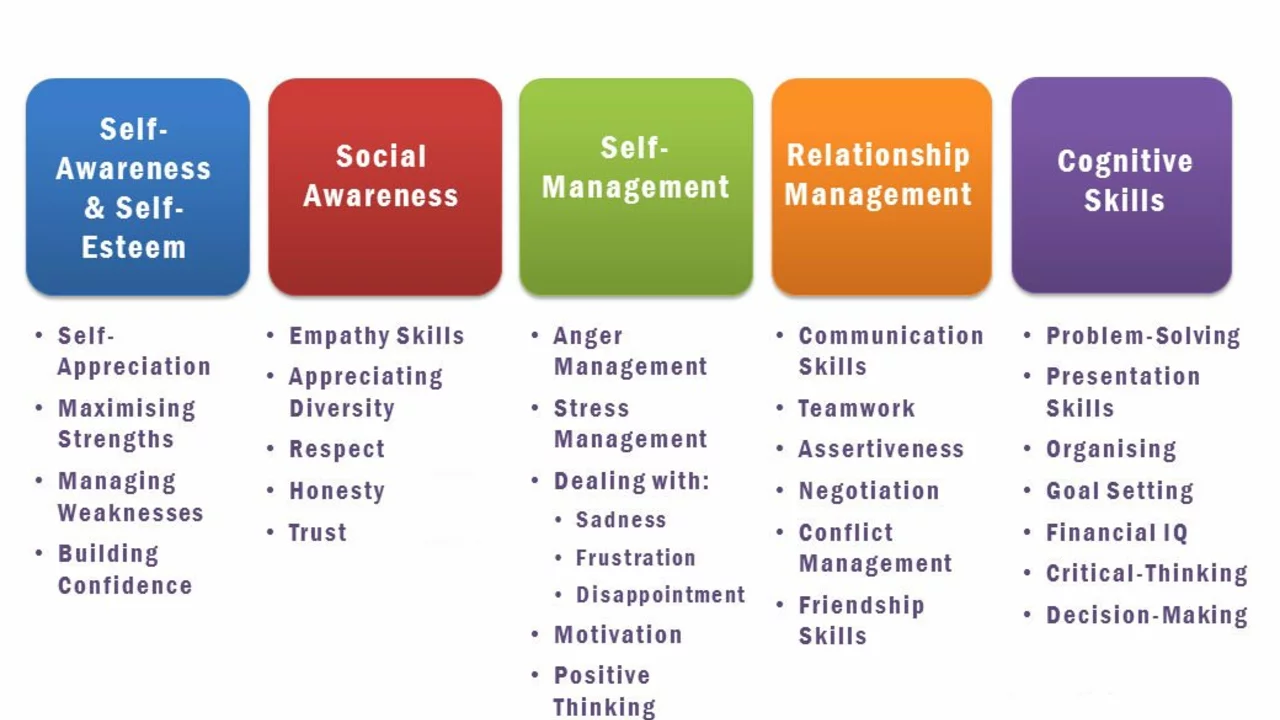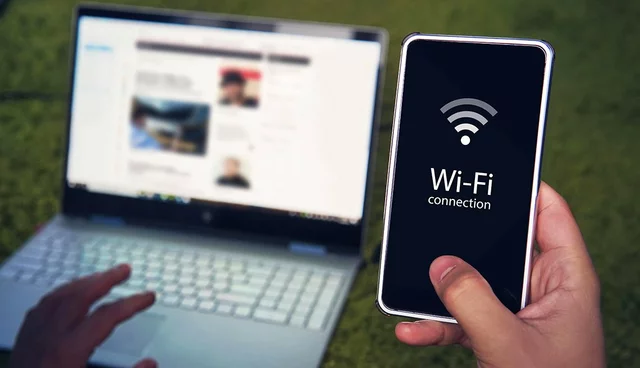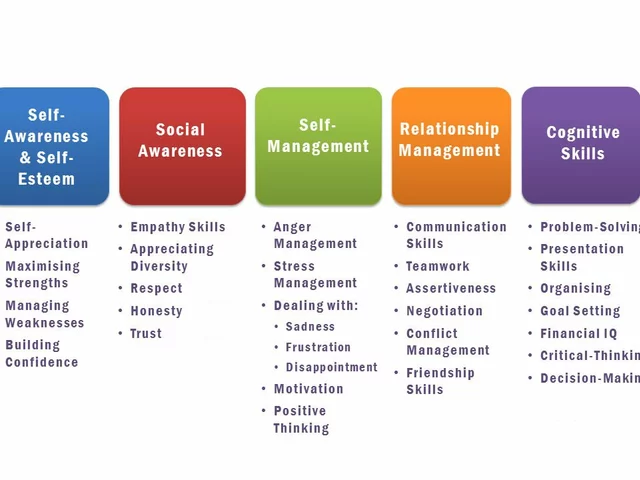
The Urgency of Educational Evolution
Discussing high school discipline is paramount. This matter touches every young soul, every household, and, in fact, the pulse of our society. The liberty to absorb and evolve within the academic walls should be foundational in one's growth journey. It's our societal duty to craft a milieu that champions this development. It's quite troubling when punitive measures, such as suspension or expulsion, hinder a student's progression and potentially perpetuate a circle of higher attrition rates and probable future criminal tendencies. A rather grim view, wouldn't you agree? The pressing question is, how do we shift this narrative? That's the mission I wish to embark upon today. So, without further ado, let's delve deep into this.
Championing Restorative Justice
In my quest to understand effective disciplinary methods, I chanced upon the concept of restorative justice. While the term might appear dense initially, its essence is quite lucid—focus on the seed of the issue, not just the fruit. It dramatically reimagines the conventional disciplinary system. Instead of marginalizing the student, the focus pivots to mending relationships and rejuvenating the community fabric of the school. Harnessing empathy and comprehension are tools to mend rifts rather than punitive actions. If you ask someone in the throes of an academic challenge, "help me do my assignment," isn't this the kind of compassionate approach we'd hope they'd receive?
Rethinking Detention
Travel with me to a memory from my high school times. Recall that uninspiring room known as detention? Well, it's transforming. Contemporary schools envision detention as a time of productivity. Instead of passive solitude, students are nudged towards activities that propel introspection and growth. Perhaps tutoring juniors, aiding in school upkeep, or introspecting their choices via structured assignments. Detention is slowly shedding its ominous reputation.
Peer-Driven Mediation
In my research, another intriguing method surfaced—peer intervention programs. Here, students morph into arbitrators for their comrades. This method nurtures empathy and context awareness by empowering them with conflict resolution skills. This not only rectifies misdeeds but also boosts their interpersonal acumen. The sheer potential of this idea fills me with enthusiasm.
Guidance and Mentorship
Do you recall one educator who steered you amidst confusion? In my eyes, mentorship is a gem. This bond between a mentor and their protege strengthens school ties, urging students to own their choices. Such ties provide a sense of validation, forging a potent incentive to renounce negative behavior. The beauty is such relationships often transcend the academic realm.
Nurturing Emotional Acumen
Navigating my tumultuous teenage years made me realize the gravitas of imparting emotional literacy. Grasping and managing our inner turmoils can profoundly influence conflict resolution. By championing emotional comprehension and spotlighting mental well-being, schools can offer sanctuaries for students to navigate their feelings without stigmatization.
Accentuating the Positive
No conversation is complete without acknowledging the potency of positive reinforcement. More institutions are gravitating towards acknowledging commendable student behavior via accolades or privileges, veering away from sanctions. This paradigm shift can amplify students' zeal, motivating them towards commendable actions. After all, we all—youngsters or grown-ups—cherish acknowledgment. Perhaps that's the spark they need.
Ultimately, all these methodologies converge on a singular vision—fostering a compassionate, inclusive ecosystem that facilitates holistic growth for every learner. The aim remains clear—not to overlook missteps, but to join hands with the student, understand the cause, and guide towards rectification. Just as we wouldn't dream of mastering algebra by penalizing every miscalculation, the objective should be to address behavioral issues constructively. Isn't that the very essence of education?





Write a comment